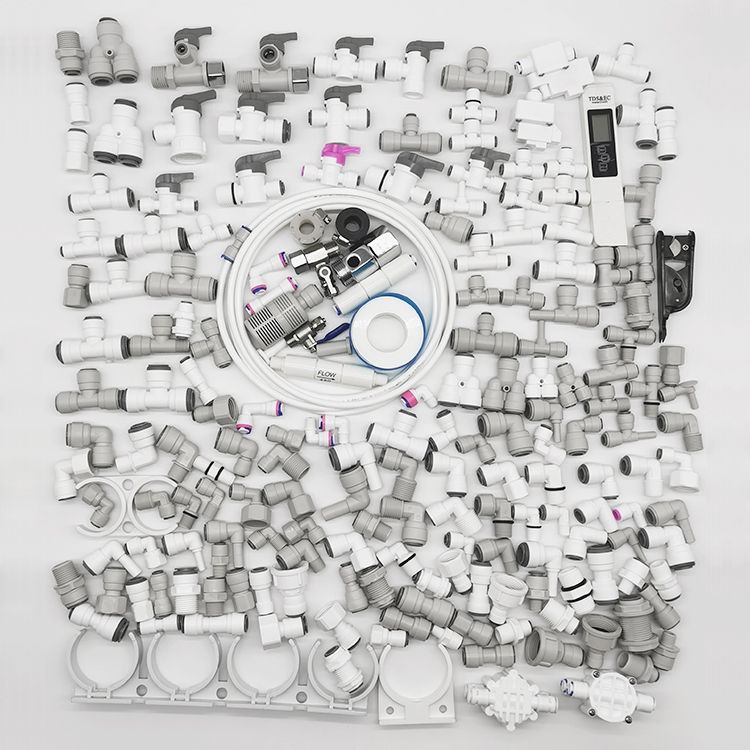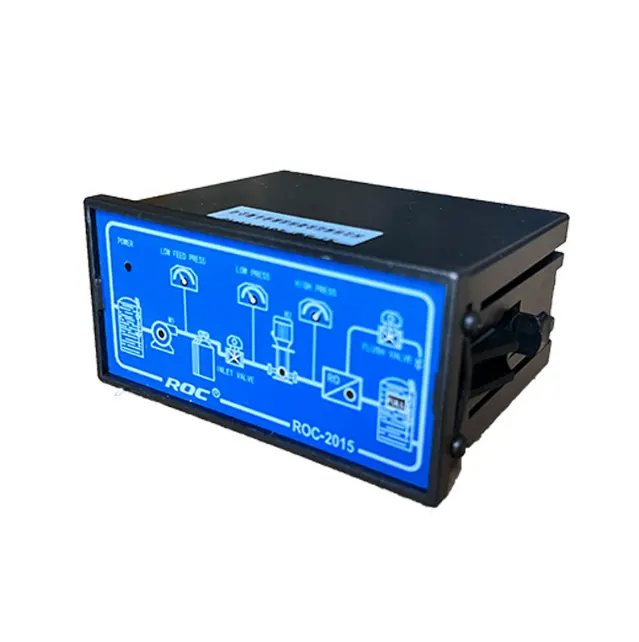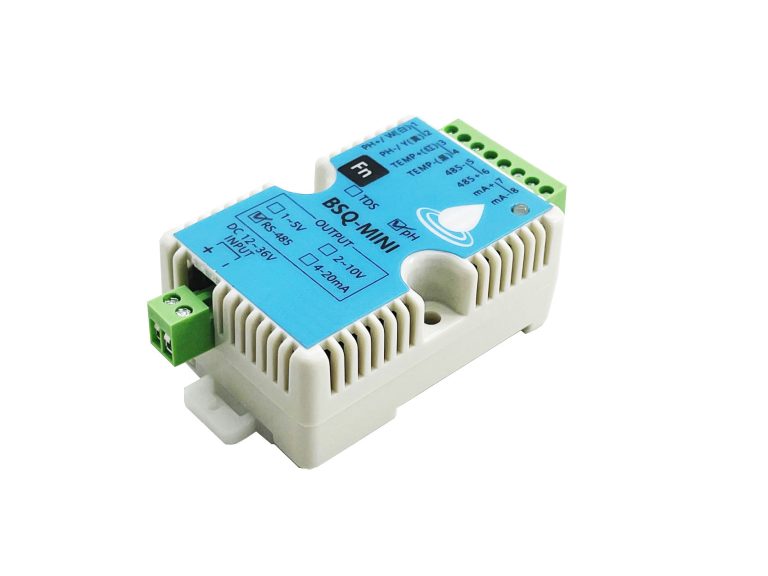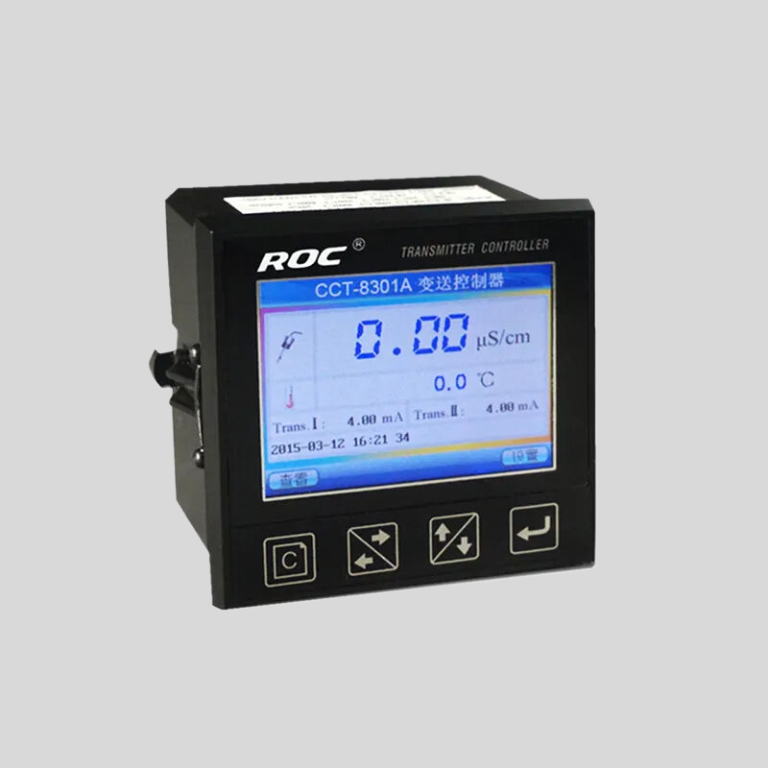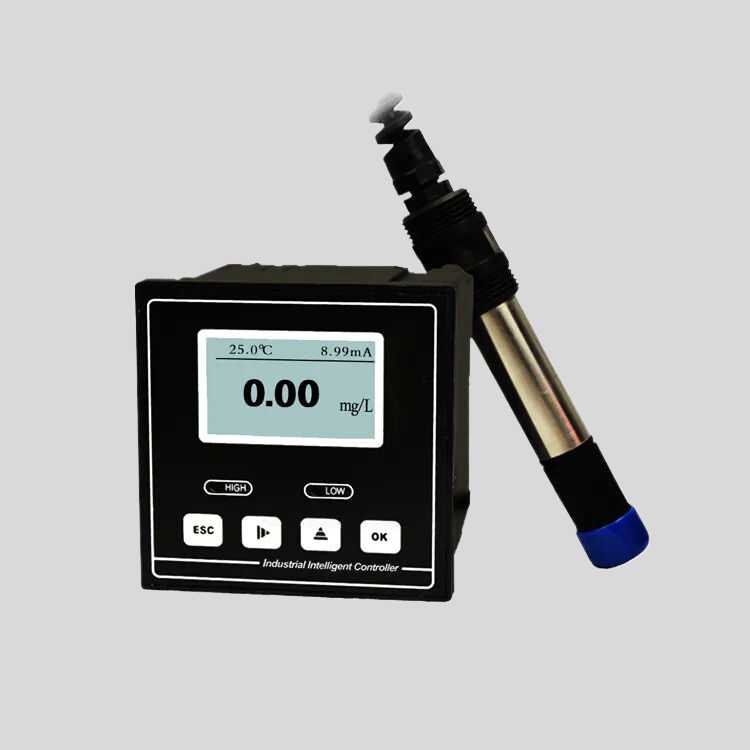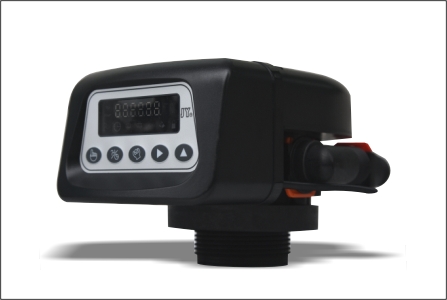“The ultimate solution for soft water: choose our top-rated water softener system.”
Comparing Different Water Softener Systems: Which One is the Best?
Water softeners are essential appliances for many households, especially those located in areas with hard water. Hard water contains high levels of minerals such as calcium and magnesium, which can cause a variety of issues including scale buildup in pipes and appliances, soap scum on dishes and laundry, and dry skin and hair. To combat these problems, many homeowners turn to water softener systems to remove these minerals and improve the quality of their water.

There are several different types of water softener systems available on the market, each with its own set of pros and cons. In this article, we will compare some of the most popular water softener systems to help you determine which one is the best for your home.
One of the most common types of water softener systems is the salt-based ion exchange system. This system works by exchanging sodium ions for calcium and magnesium ions in the water, effectively softening it. While salt-based systems are effective at removing minerals from water, they do require regular maintenance in the form of adding salt to the system and cleaning out the brine tank. Additionally, some people may be concerned about the increased sodium levels in their water as a result of using a salt-based system.
Another popular option is the salt-free water softener system, also known as a descaler. These systems work by altering the structure of the minerals in the water so that they are unable to form scale buildup. While salt-free systems do not actually remove minerals from the water, they are a low-maintenance option that can be more environmentally friendly than salt-based systems. However, salt-free systems may not be as effective at softening water as salt-based systems, especially in areas with very hard water.
Reverse osmosis water softener systems are another option for homeowners looking to improve the quality of their water. These systems work by forcing water through a semi-permeable membrane that removes impurities, including minerals. While reverse osmosis systems are effective at removing a wide range of contaminants from water, they can be expensive to install and maintain. Additionally, they can be wasteful in terms of water usage, as they require a significant amount of water to operate.
In recent years, electronic water softener systems have become increasingly popular. These systems use electromagnetic waves to alter the structure of minerals in the water, preventing them from forming scale buildup. Electronic water softeners are relatively low-maintenance and do not require the use of salt or chemicals. However, some people may be skeptical of the effectiveness of these systems compared to traditional salt-based systems.
| Model | Central tube | Drain | Brine tank connector | Base | Power supply parameters | Maximum power | Pressure parameters | Operating temperature |
| 2900 | 1.9″(1.5″)O.D. | 3/4″NPTM | 3/8″&1/2″ | 4″-8UN | 24v,110v,220v-50Hz,60Hz | 143W | 2.1MPa | 1℃-43℃ |
| 0.14-0.84MPa |
Ultimately, the best water softener system for your home will depend on your specific needs and preferences. If you are looking for a highly effective solution and don’t mind the maintenance involved, a salt-based ion exchange system may be the best option for you. If you are concerned about the environmental impact of using salt or prefer a low-maintenance option, a salt-free system or electronic system may be more suitable. It’s important to research and compare different water softener systems to find the one that best fits your needs and budget.

